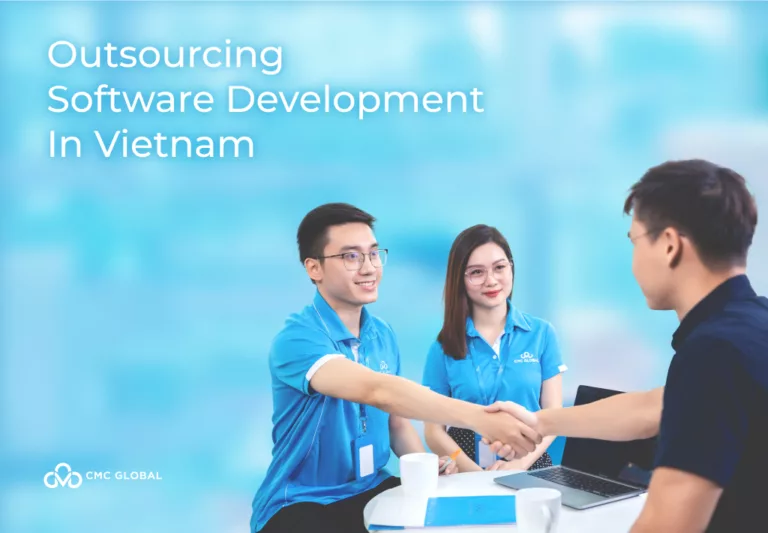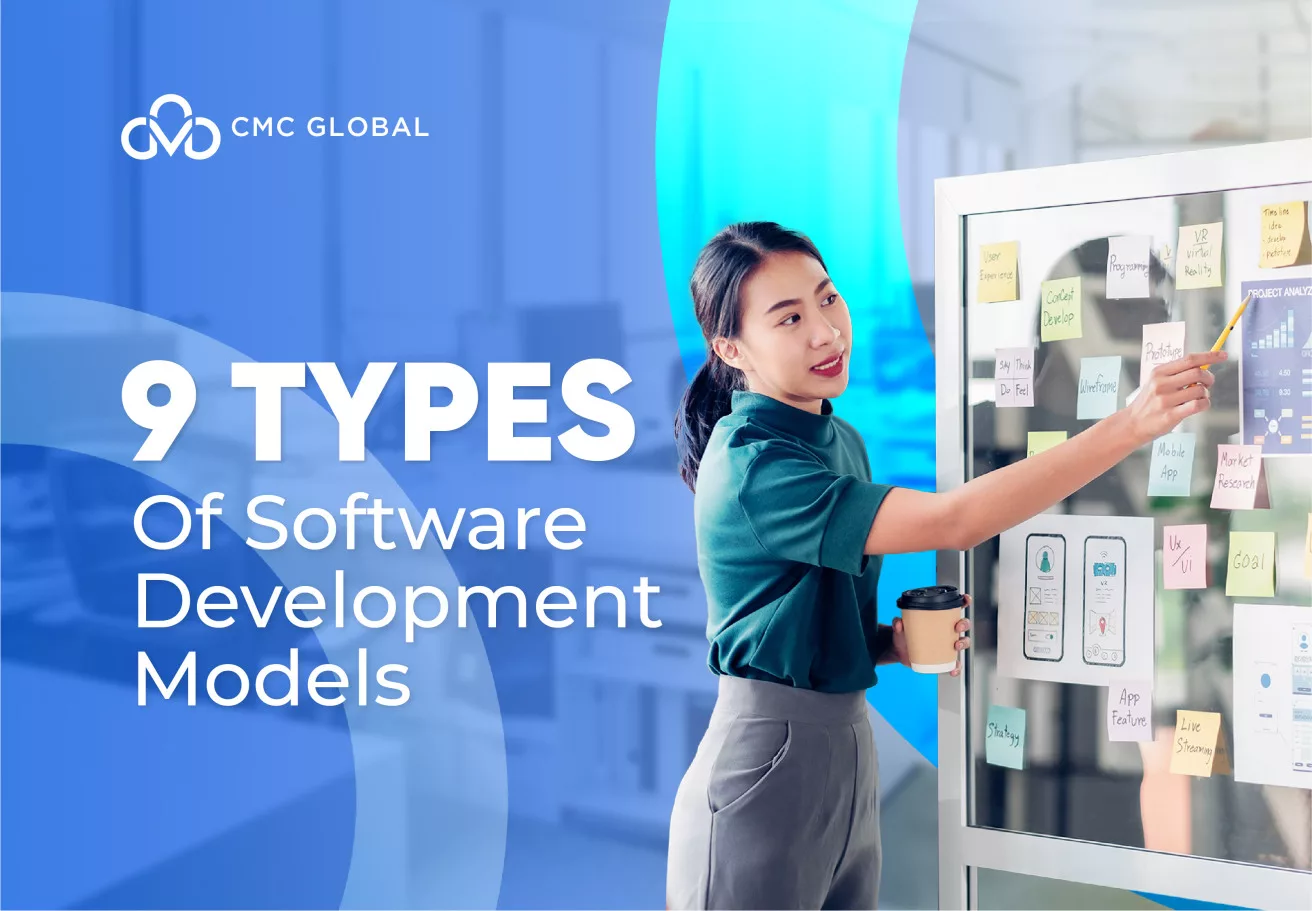Within the realm of application developers, virtual reality (VR) is emerging as the next significant trend.
As the evolution of this technology persists, listless opportunistic businesses are recognizing the lucrative financial potential of virtual reality.
Moreover, VR holds significance in sectors like business, education, healthcare, and beyond. If one aims to acquire proficiency in virtual reality development, there are several avenues to embark upon. Consequently, a greater array of prospects is arising for programmers who are eager to acquire expertise in VR programming languages. If one aims to acquire proficiency in virtual reality development, there are several avenues to embark upon.
Introduction:

VR Development
Definition:
Engaging with a simulated environment characterizes virtual reality. The domain of virtual reality development encompasses the creation of virtual environments, demanding a specific skill set and substantial patience. These skills find applications in diverse domains such as film, media, television, entertainment, and video games.
Virtual reality (VR) refers to the utilization of computer modeling and simulation to enable individuals to interact with artificial three-dimensional (3-D) visual or sensory environments.
VR applications immerse users in computer-generated environments that replicate reality through the use of interactive devices, such as goggles, headsets, gloves, or body suits with motion sensors and force-feedback devices to fabricate the sensation of “being there” (telepresence).
Examples:
Amazon Anywhere:
Last May, Amazon released its newest service “Amazon Anywhere”.
Vr Development Language:
Likewise to any other application development attempts, the choice of programming language for virtual reality coding depends on the specific goals one aims to achieve. However, unlike programming for iOS and Android applications, VR development demands a distinct level of skills and knowledge
Among various developing applications, gaming remains the dominant realm for VR devices. Delve into the realm of different VR programming languages that can be utilized across various virtual reality devices.
Thus, CMC Global has amassed the top 10 most coding prevalent languages for VR Development:
1. JAVA
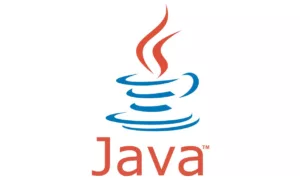
Java
An excellent choice as despite its older history, it’s still significantly relevant in the VR realm.
Features:
- Object-oriented
- A comprehensive set of high-level features
- Novice-friendly languages taught in early computer engineering programs
Use Cases:
- Valuable in constructing integral components of VR apps: algorithms like language processing, search algorithms, and neural networks
- Well-suited for addressing various aspects of VR application development.
- Java offers flexibility in code reuse and software updates
- Java 3D API empowers VR applications to generate immersive 3D imagery
- UX (user experience) of body positions’ tracking & movements & Orientation
2. C# (Unity)
C# stands out as one of the most widely used programming languages in VR development.

C# (Unity)
Features:
- High-versatility
- Easy & seamless integration
Use Cases:
- The primary language for creating Unity applications – the leading game engine in the industry.
- Target multiple platforms, including PC, Mac, and mobile devices running Android and iOS. Moreover, the majority of VR applications are coded using Unity.
Unity Vr Development
- Unity provides a vast community of registered developers who can offer the assistance you need.
- Offers advanced development tools built by other skilled Unity engineers.
- Unity incorporates many of the features and components of C#, making it a popular choice for augmented-reality programming
3. C++ (Unreal)
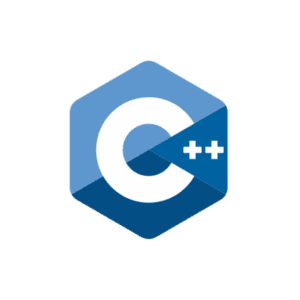
C++ (Unreal)
Features:
- This language is very difficult to learn and is very extensive in nature
- Unreal is the nearest rival of Unity and is also the major component of game engines.
Use Cases:
- More advanced application
- The major component of game engines.
- Relatively small vr application
4. JavaScript
Also known as the language of the internet, ranks among the top languages in VR programming.
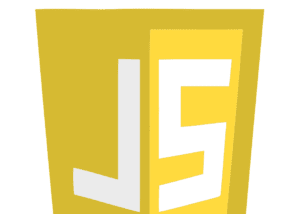
JavaScript
Features:
- Ease of learning
- Widespread use
- Shares a similar lexical syntax with the more advanced C programming language
- Versatility & comprehensiveness
- Web/browser-supported
Use Cases:
- WebVR platform, which is involved in creating web-based virtual reality applications
- Any web-based VR applications
5. Python:
Stands out as one of the most effortless programming languages to learn
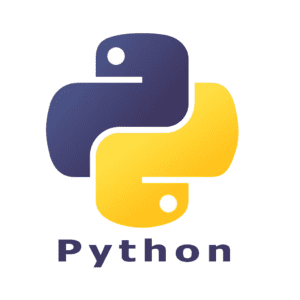
Python
Python offers developers the ability to create VR projects with relative ease, thanks to its rich ecosystem of packages that facilitate downloading and issue resolution. Due to its user-friendly nature, programming for VR applications becomes a faster process. Additionally, having a solid foundation in Python allows for a smoother transition to C# (Unity) if desired.
Features:
- Individual-friendly
- Straightforward syntax & high readability for reduced lines of codes
- Relative ease
- A rich ecosystem of packages that facilitate downloading and issue resolution
- User-friendly nature
Use Cases:
- Bindings for Industrial applications of VR and augmented reality (AR)
- Autodesk’s 3D visual prototyping and visualization software
- VRED
6. Swift
This serves as the official programming language for Apple devices.

Swift
Features:
- Straightforward path for developing applications, particularly for Apple devices.
- Apple not only provides its own programming language but also offers an SDK tailored to its ecosystem.
- Apple provides ARKit, a dedicated framework that simplifies the creation of AR apps on iOS.
Use Cases:
- Apple SDK tailored ecosystem
- ARKit, a dedicated framework that simplifies the creation of AR iOS-specified apps
7. React

React
Features:
- React is a framework for the programming language, JavaScript
Use Cases:
- Building user interfaces
- React 360 Library for virtual reality experiences.
8. Small Talk
Features:
- Less mainstream
- Object-oriented
Use Cases:
- Open Cobalt
- 3D Immersive Collaboration
- Programming virtual reality applications
9. Objective-C
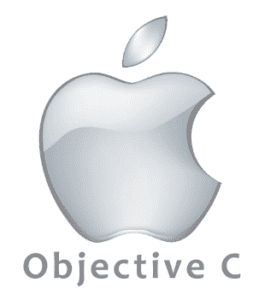
Objective-C
Best practice for devising virtual reality experiences in Apple devices.
Features:
- Object-oriented, general purpose
- Enhanced C programming language.
Use Cases:
- OS X & iOS operating systems & programming interface
10. Groovy
Features:
- Object-oriented
- Compatible with Java Syntax & within the Java platform
- Less widely recognized
- Groovy shares similarities with languages like Python, Ruby, and Smalltalk
- Common ground hence beginner-friendly
Use Cases:
- Workforce training
Vr Development Platforms:
Numerous platforms are at the disposal of curious learners to explore VR technology.
Among these platforms, Unity stands out as a prominent choice,
1. Unity:
- Allow users to create games without the need for VR hardware
- Unity is readily available
- Free of charge
- Offer listless free online virtual reality courses
Another notable engine is Unreal
2. Unreal:
- Starting with Mobile VR
- Creating prototypes using Google Cardboard and a Cardboard Viewer
- WebVR serves as an entry point for VR developers
- With resourcefulness of expertise: many media companies and experts foreseeing the emergence of a 3D immersive internet
- Much potential to become the prevailing use of VR technology.
Conclusion:
The realm of VR application development is no longer unexplored territory. Nowadays, there are a multitude of tools, approaches, and techniques available to facilitate entry into this field. Additionally, these resources provide a starting point that is more accessible and user-friendly, enabling developers to embark on VR application development with greater ease.
From our perspective, VR Development is one worth-venturing scheme into in the foreseeable project planning.
With CMC Global, you will never have any difficulties in establishing and operating a development center. Contact us for further consultation.


